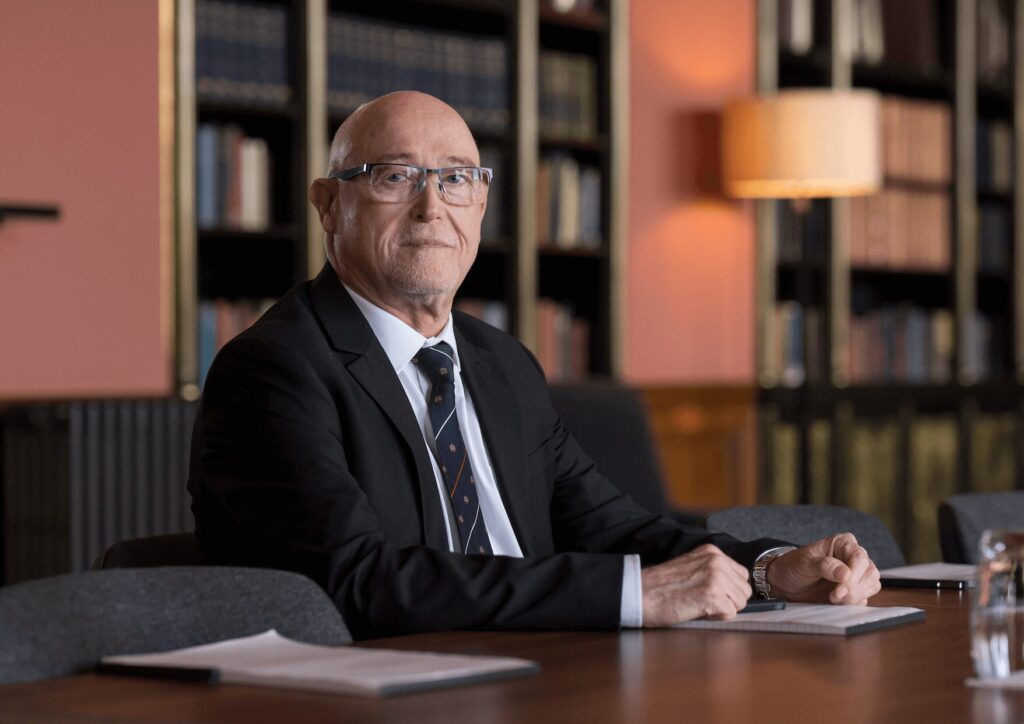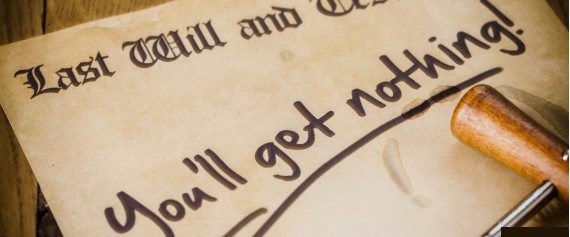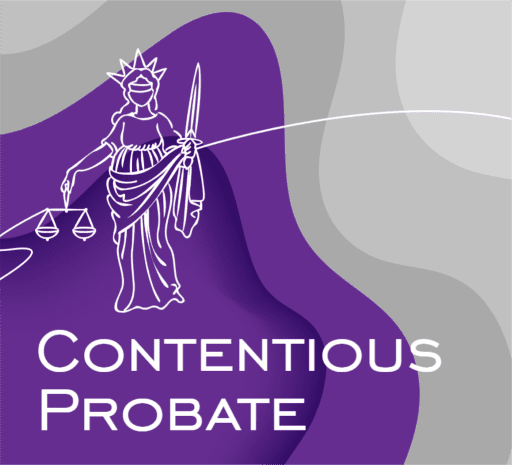Contesting a will based on suspicion of forgery is not at all easy. It is usually very difficult to gather strong evidence to support the challenge.
When a Will is drafted by a solicitor and signed before witnesses in the presence of the solicitor, it becomes even more difficult to prove forgery given that the court will be reluctant to accept that the solicitor was involved in the fraud.
The first step in gathering evidence is to contact a handwriting expert who can determine if the signature on the Will is really the testator’s signature or not. Such an expert will need to look at many previous signatures (some 10 to 20) of the testator and compare it with the signature on the Will. He then prepares a report which can be used as evidence.
In some cases, chemicals or other forms of testing are used to check if the signature is genuine and if it was done on the date that it was purported to have been done.
If the report of the handwriting expert is inconclusive, a claim of forgery may not succeed. Sadly, in many cases, the expert opinion is not conclusive. Even if the expert is of the opinion that the signature is a forgery, the court may disregard this opinion if there are other factual evidence that contradicts the finding.
Therefore, to successfully contest a Will, other evidence needs to be gathered in addition to the report of the handwriting expert.
What other evidence?
In a recent court case, Rainey v Weller, the claim for forgery was successful. Taking a close look at the case can help us see what additional evidence would help in proving that a Will was forged.
A Will was made in February 2018 in which the deceased appointed his niece as the sole beneficiary. There was a second Will made only a month later, according to which the beneficiary was his son.
The niece obtained a report from a handwriting expert. The son obtained his own report from another handwriting expert. The two reports were contradictory.
The court, however, decided that the second Will was forged on account of the following strong evidence:
- There was strong documentary evidence in favour of the first Will including the solicitors’ Will & LPA file together with witness evidence provided by the solicitors.
- The deceased had appointed his niece as the attorney and executor in the first Will, clearly indicating the level of trust the deceased had reposed in her.
- There were text messages exchanged between family members that were clearly indicating that the deceased and others in the family did not trust the son of the deceased.
- There were many instances in the past, where the deceased spoke about having an estranged relationship with his son.
- Only a short period had passed between the two completely different Wills and the new Will had no covering explanation as to why the changes were being made. Moreover, there was no indication that the deceased had asked the solicitors to make the amendments.
As the above case makes clear, although a report from a handwriting expert will be considered by the court, it may not be decisive when it comes to determining the outcome of the case. A range of other evidence must be carefully presented to make a successful claim based on forgery.
How Aristone Solicitors can help
Contesting a Will, especially on grounds of forgery, can be very stressful given that it requires gathering strong evidence and this can place huge stress on family relationships. Aristone Solicitors can help you properly investigate any suspicion of forgery and gather the evidence before a formal allegation is made.



